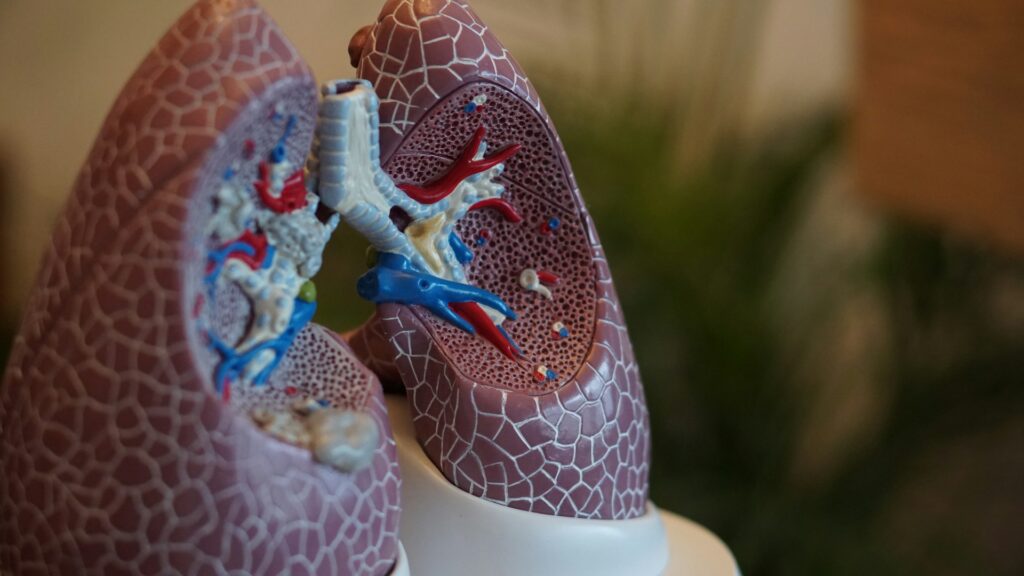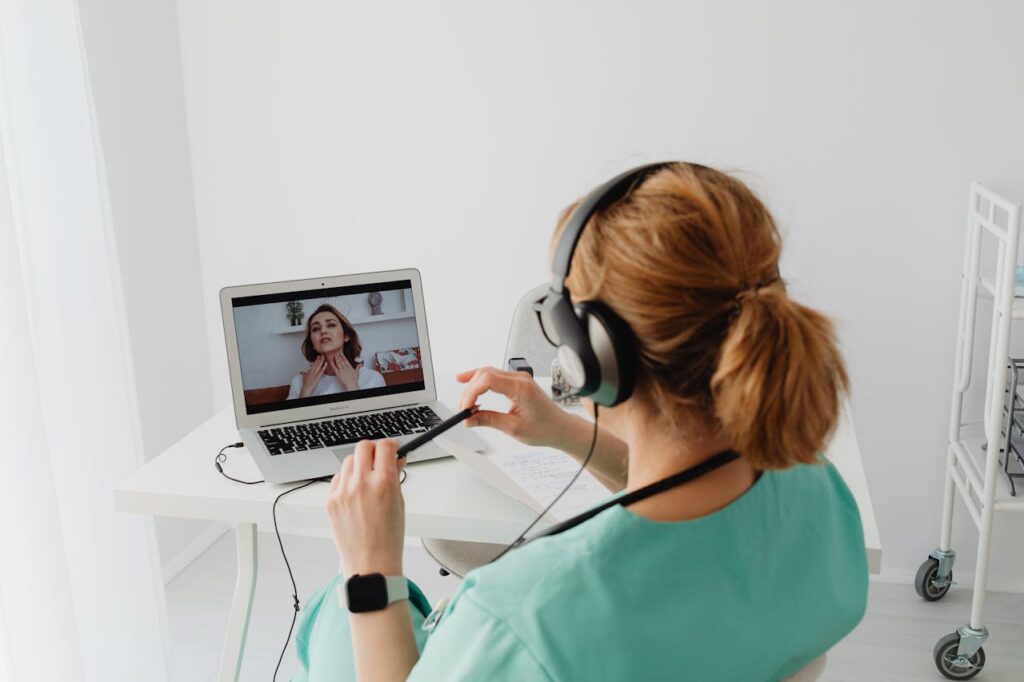In an era where technology is seamlessly woven into our daily lives, smart devices and data monitoring have revolutionized personal health management and disease prevention. For middle‐aged professionals facing chronic stress, lifestyle challenges, and the looming risks of common chronic diseases, these tools offer an empowering, evidence‐based approach to maintaining and improving health. Backed by extensive research from leading American institutions, the integration of wearable technology, smartphone apps, and digital analytics is now at the forefront of preventative healthcare in the United States.
Recent studies by authoritative sources such as the Mayo Clinic have underscored the potential of smart devices to track a variety of health metrics in real time—from heart rate and blood pressure to sleep patterns and physical activity. These devices, ranging from smartwatches and fitness bands to advanced sensors embedded in smartphones, continuously collect data that can alert users to subtle changes in their health. For example, emerging research suggests that early detection of irregular heart rhythms can prompt timely medical intervention, reducing the risk of cardiovascular events. This proactive monitoring empowers individuals to make informed decisions about diet, exercise, and stress management, ultimately reducing the likelihood of chronic conditions such as heart disease and diabetes.

Digital health platforms are not limited to physical activity tracking. Many apps now integrate with wearable technology to provide a holistic view of one’s well-being. Through personalized dashboards, users receive insights into their daily habits and long-term trends, which are critical for effective disease prevention. Clinical trials published in respected journals like JAMA Network Open have demonstrated that digital interventions using smart devices can significantly improve mental health outcomes, particularly by reducing stress and enhancing cognitive function in high-pressure work environments. These findings indicate that real-time data monitoring, coupled with immediate feedback, can help individuals adjust their behaviors in ways that promote better sleep, reduce anxiety, and maintain overall balance.
Moreover, the synergy between smart devices and data analytics is enabling a shift from reactive to preventive healthcare. By analyzing patterns in data over time, sophisticated algorithms can predict potential health issues before they become critical. The American Heart Association and other U.S. health authorities have long advocated for regular monitoring as a preventive measure, and now digital tools are making this more accessible than ever. Whether it’s tracking fluctuations in daily step counts or monitoring changes in resting heart rate, the actionable insights provided by these technologies allow users to take control of their health proactively.

Stress management is another area where smart technology is making a profound impact. With chronic stress recognized as a major contributor to numerous health problems, including hypertension, diabetes, and mental health disorders, integrating stress tracking into daily routines is essential. Wearable devices can now measure indicators such as heart rate variability, a key marker of stress resilience. Paired with mindfulness and meditation apps, these devices offer guided practices that help lower cortisol levels and promote relaxation. As research continues to validate these interventions, digital health solutions are proving to be invaluable for both immediate stress relief and long-term disease prevention.
For the busy American professional, adopting these smart health strategies can feel like a daunting task amid demanding work schedules and personal responsibilities. Yet, the beauty of modern digital health is its flexibility—many solutions are designed to fit seamlessly into everyday life. From brief, guided meditation sessions available on smartphones to continuous health monitoring provided by wearables, the technology is as unobtrusive as it is informative. Rather than requiring major lifestyle changes overnight, these tools support gradual, sustainable improvements that accumulate over time, leading to a healthier, more resilient you.
Ultimately, the integration of smart devices and data monitoring represents a paradigm shift in personal health management. By transforming raw data into actionable insights, these technologies not only help prevent the onset of chronic diseases but also empower you to live a more balanced and fulfilling life. In a world where early detection and proactive care are key, leveraging digital health tools is not just an option—it’s an essential component of modern, preventive healthcare.



